- Replies 47
- Views 3.4k
- Created
- Last Reply
Most active in this topic
-
Roburt 31 posts
-
boba 4 posts
-
Dave Moore 3 posts
-
Ian Dewhirst 3 posts
Most Popular Posts
-
One of the huge differences in the music industries between our own country and the US is the role played by Radio and the people who controlled it. A whole generation before even the Pir
-
Wow lots of books being worked on right now...... We mustn't forget the 'regional reps' who also played a role in getting stuff played in the regions and away from NYC Chicago, Nashville

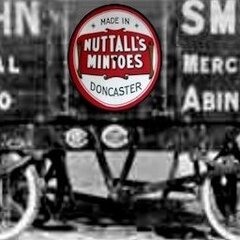

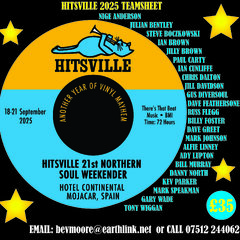
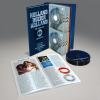
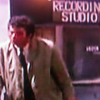
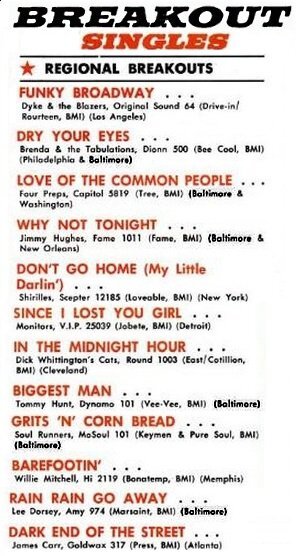
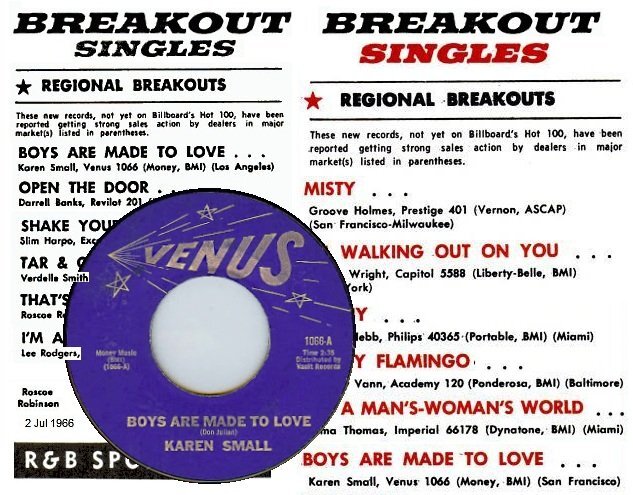
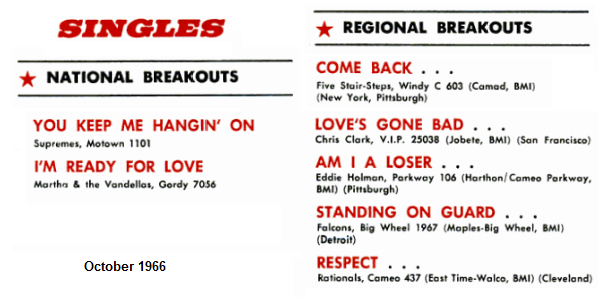
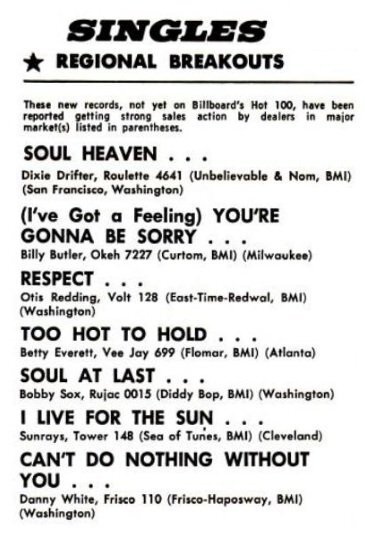

Lots of times back in the 1960's (not so much later as individual radio DJ's had less scope to playlist tracks themselves) a record (45 or LP track that was then issued on 45) would be broken by just a single DJ (or a team who all worked at the same stn).
Their choices would many times be straight forward, a local artist that they perhaps knew / liked with a 45 on a local label (or with a national major label deal) would be selected & with plays would hit the local charts. This success would then spread out across the States. If the artist was unknown, the spread of popularity of their track could be quite slow (it having dropped off the 1st city chart it entered whilst still had to enter a far flung location's charts).
But on numerous occasions, an act would become friendly with a DJ from miles away & thus the record of a New York based act could be broken say in Miami; whilst it got no radio plays at all back in their home area (as was the case with the Steinways).
Thought it would be a good idea to list a few 'breakout' rundowns & get the 'guys with the goods' to pass along their knowledge as to why say a 45 on a LA indie label should get better attention in Philly (or DC or Miami) than it ever got back in their home city.
So here goes, the 1st 'breakout' listing ........
... it's from August 64 but the question is .....
why was the Vows Tamara 45 getting so much attention in Philly & DC ...
I for one have no idea at all, over to you (Robb?) .........
Edited by Roburt